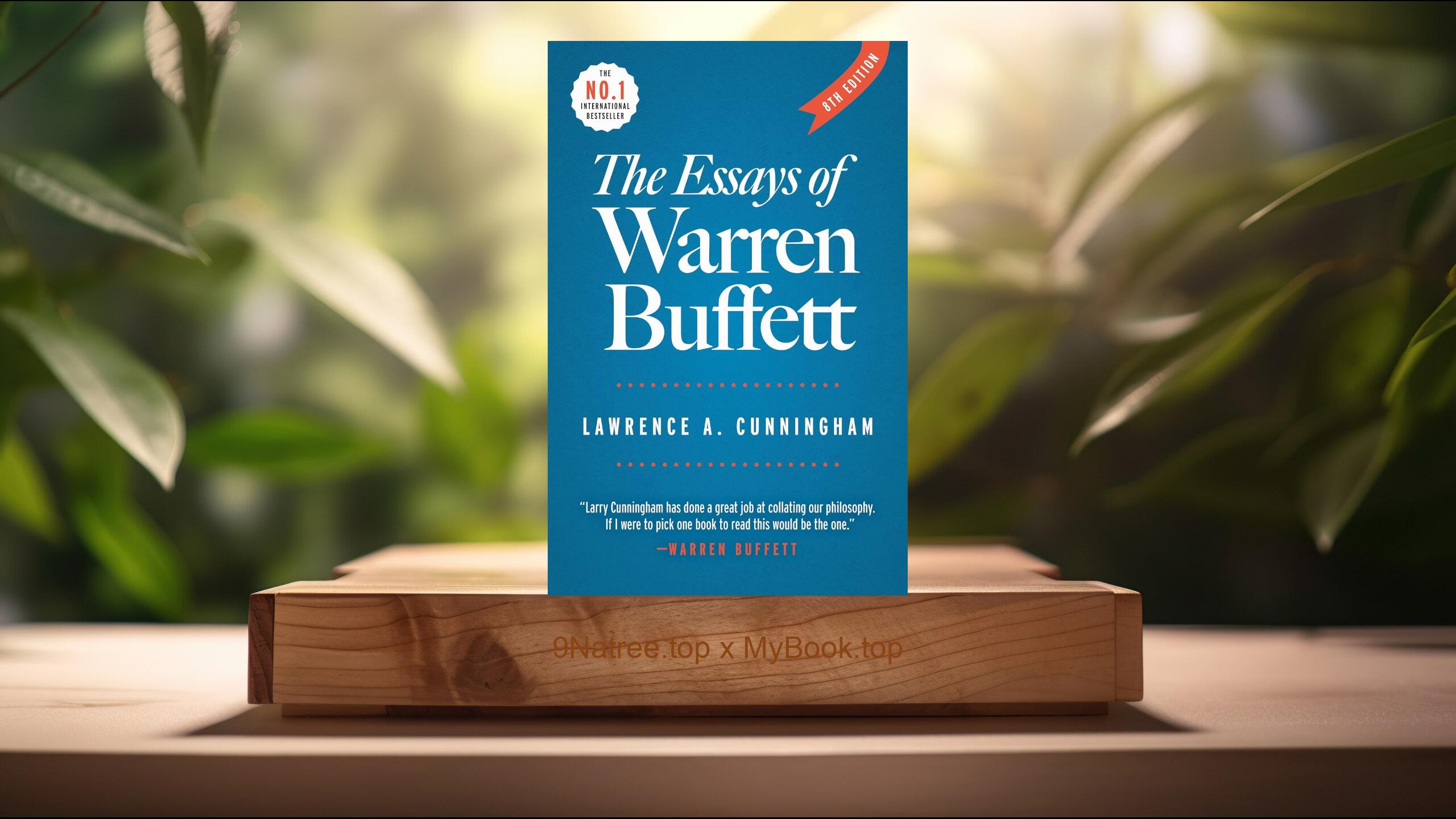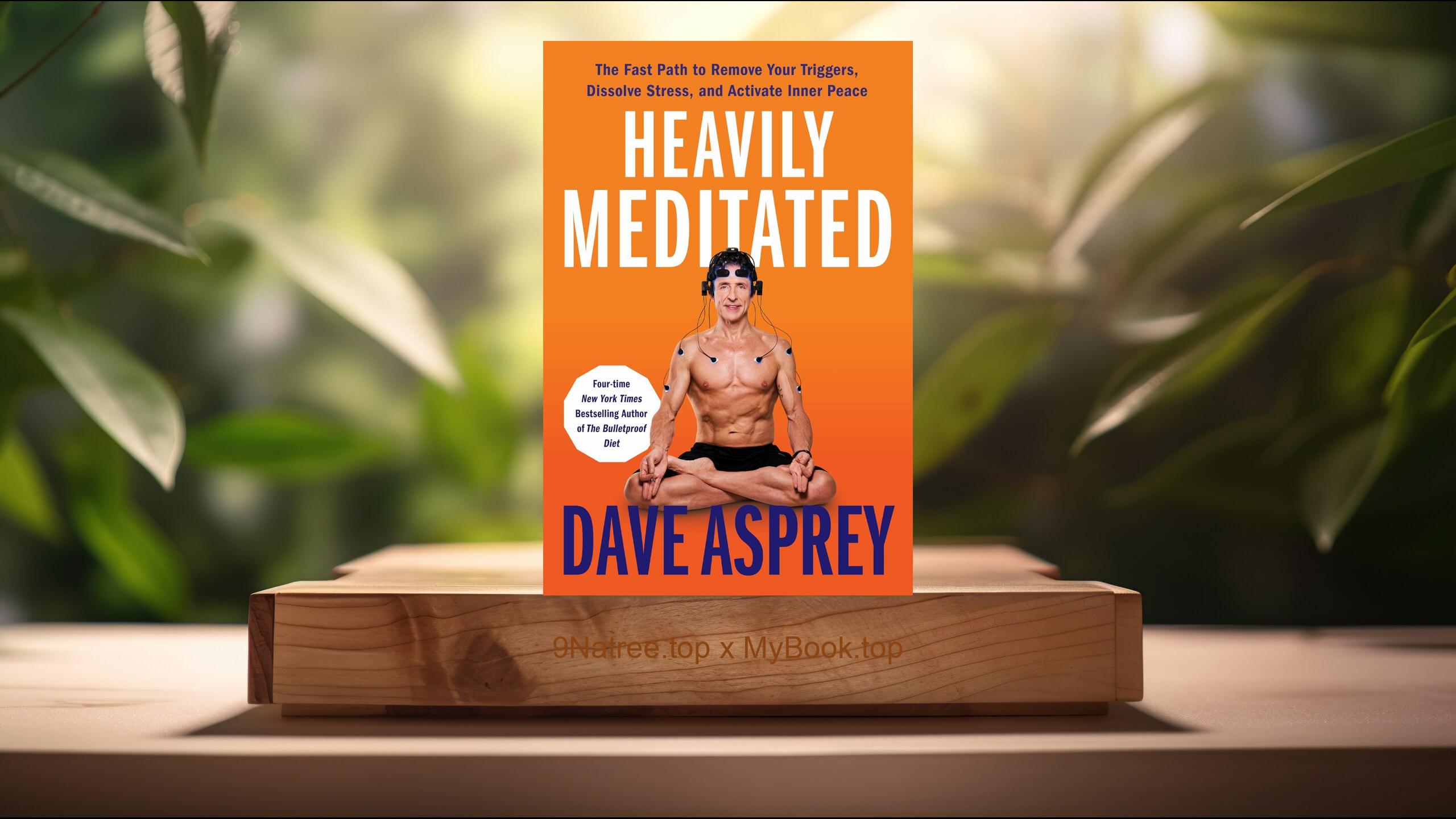Show Notes
- Amazon US Store: https://www.amazon.com/dp/B09KPS84CJ?tag=9natree-20
- Amazon Worldwide Store: https://global.buys.trade/Good-Inside-A-Guide-to-Becoming-the-Parent-You-Want-to-Be-Becky-Kennedy.html
- Apple Books: https://books.apple.com/us/audiobook/summary-of-good-inside-a-guide-to-becoming-the/id1709703833?itsct=books_box_link&itscg=30200&ls=1&at=1001l3bAw&ct=9natree
- eBay: https://www.ebay.com/sch/i.html?_nkw=Good+Inside+A+Guide+to+Becoming+the+Parent+You+Want+to+Be+Becky+Kennedy+&mkcid=1&mkrid=711-53200-19255-0&siteid=0&campid=5339060787&customid=9natree&toolid=10001&mkevt=1
- Read more: https://mybook.top/read/B09KPS84CJ/
#Parentingstrategies #Emotionalregulation #Effectivecommunication #Positivediscipline #Buildingresilience #Parentchildconnection #Parentingstyles #Selfcareforparents #GoodInside
These are takeaways from this book.
Firstly, Understanding Your Parenting Style, Dr. Becky Kennedy delves deep into the concept of parenting styles, emphasizing the importance of self-reflection in understanding one's approach to raising children. She argues that being aware of your own parenting style is the first step in becoming the parent you want to be. Kennedy distinguishes between authoritative, authoritarian, permissive, and uninvolved styles, highlighting the impact of each on children’s development. She encourages parents to strive for an authoritative style characterized by warmth, rationality, and clear boundaries, offering practical tips on how to adjust your parenting strategies accordingly. Through real-life examples and exercises, Kennedy aids parents in identifying their current style, understanding its origins, and making conscious changes to foster a more nurturing and effective parenting approach.
Secondly, Emotional Regulation in Parents and Children, A significant portion of ‘Good Inside’ focuses on the crucial role of emotional regulation for both parents and children. Dr. Becky Kennedy discusses how parents' ability to manage their own emotions directly influences their children's emotional development. She provides insight into the neuroscience behind emotional responses and offers strategies for parents to model effective emotional regulation. Kennedy introduces concepts like the 'calm-down corner' for children and 'emotion-coaching' techniques to help parents teach children how to navigate their feelings constructively. Moreover, she emphasizes the importance of self-care and mindfulness in parents as foundational for building a emotionally resilient family. Kennedy’s approach equips parents to handle their emotions during stressful parenting moments, ultimately laying the groundwork for children who are emotionally intelligent and capable of managing their own feelings.
Thirdly, Building Connection Through Communication, Communication is a central theme in Kennedy’s guide. She explains how effective communication can strengthen the parent-child bond and lays out strategies for age-appropriate conversations. Discussing sensitive topics, setting boundaries, and asserting authority without aggression are all covered in depth. Kennedy advocates for an empathetic communication style that validates the child's feelings while also setting clear expectations. The book provides actionable advice for dealing with common communication barriers and misunderstandings, stressing the importance of active listening and the power of reframing negative dialogues. By fostering an environment of open dialogue, Kennedy posits that parents can nurture a deeper connection with their children, encouraging trust and mutual respect.
Fourthly, Discipline Without Damage, In addressing discipline, Dr. Becky Kennedy introduces innovative approaches that move away from punitive measures, advocating for discipline that teaches rather than punishes. Her methodology focuses on understanding the root causes of behavior and addressing them in a manner that respects the child’s development stage. Kennedy proposes a variety of discipline techniques that are based on positive reinforcement, setting boundaries, and natural consequences. She argues that this approach not only corrects undesired behavior in the short term but also equips children with the skills they need to make better choices in the future. The chapter on discipline is a comprehensive toolkit for parents seeking alternatives to traditional punishment, aiming to foster a home environment where discipline is synonymous with guidance and growth.
Lastly, Nurturing Independence and Resilience, A pivotal topic in ‘Good Inside’ is the fostering of independence and resilience in children. Dr. Becky Kennedy emphasizes the long-term importance of allowing children to experience setbacks and solve problems on their own, within a supportive framework. She outlines steps parents can take to gradually increase their child's autonomy, from encouraging toddlers to pick out their clothes to allowing teenagers to manage their schedules. Kennedy stresses that resilience is built through overcoming challenges and that overprotecting or micromanaging children can hinder this development. By sharing strategies for parents to balance guidance with autonomy, Kennedy guides readers towards raising self-reliant individuals who are prepared to face life's inevitable challenges with confidence.
![[Review] Good Inside: A Guide to Becoming the Parent You Want to Be (Becky Kennedy) Summarized](https://episodes.castos.com/660078c6833215-59505987/images/1786334/c1a-085k3-z3z23xnqbm6w-7xror6.jpg)




